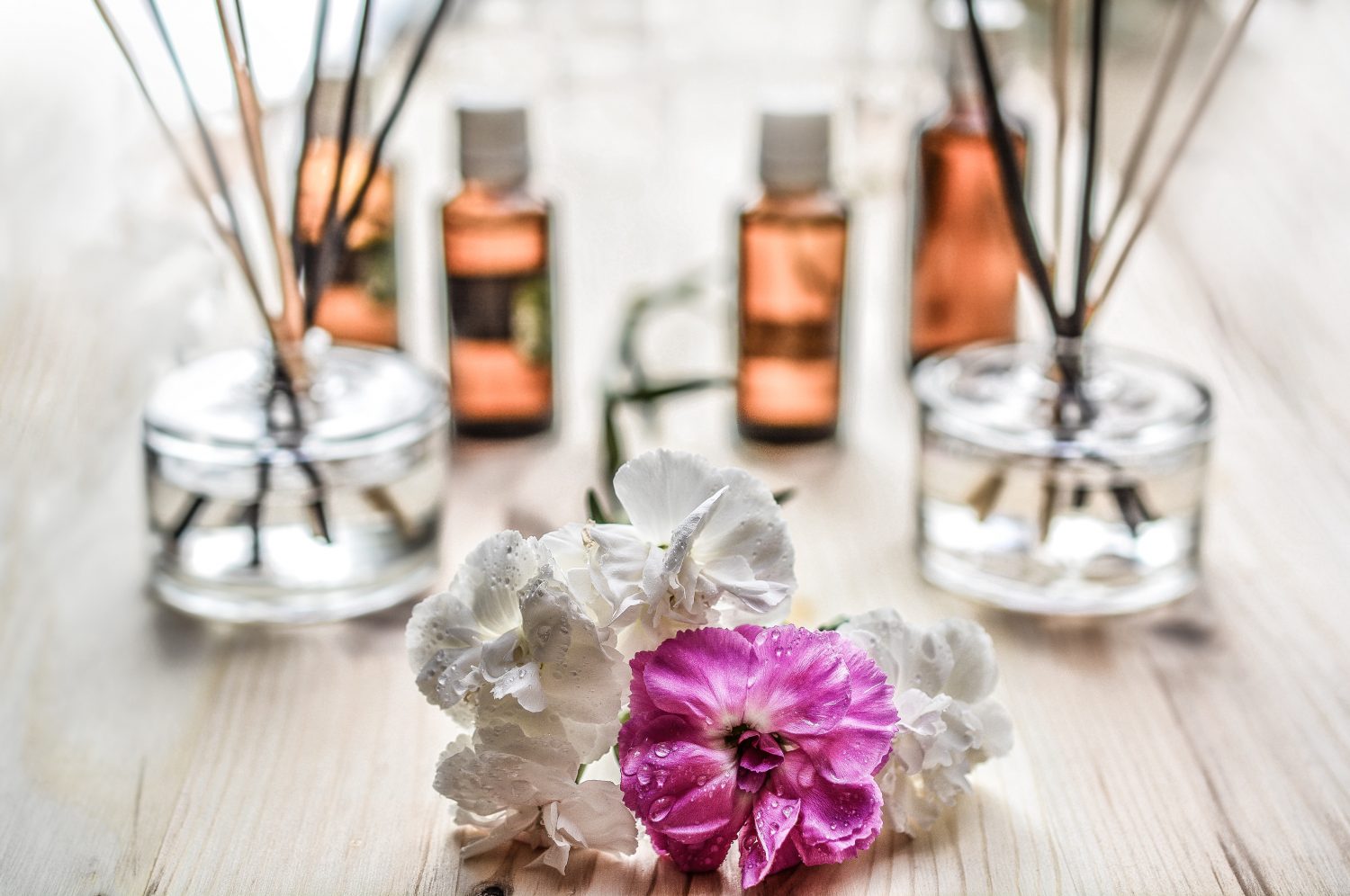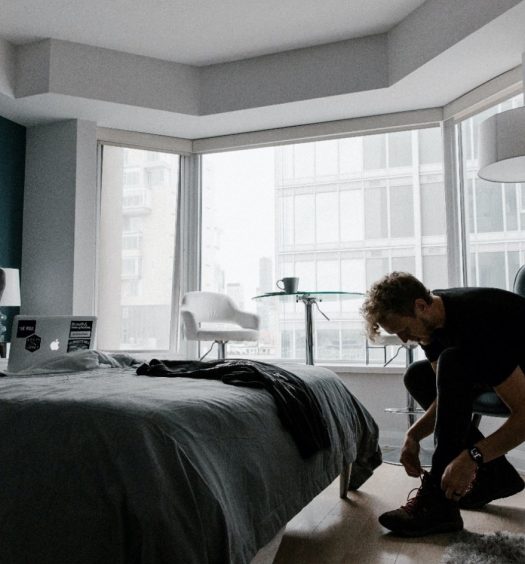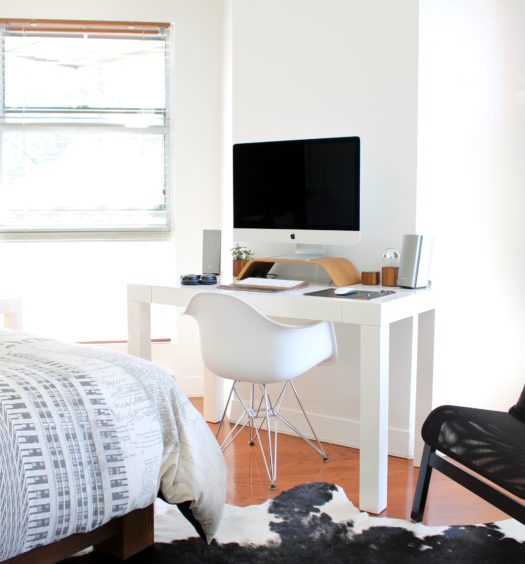Discover smart ways in which you can incorporate every human sense into your hotel stay experience and learn why this practice is essential when creating your hotel’s marketing strategy
10 mins readThe odyssey of every hotelier has always been the creation of a complete experience for the traveller. Some argue that the answer lies in experience, others argue that the introduction of luxury infrastructure, is the most effective method, while others consider personalised service, as the only answer. In recent years, however, with the introduction of multi-sensory marketing in the hotel industry, an even simpler way to improve the hotel experience has emerged – through the 5 senses.
Sensory Marketing is driven by the principles of Marketing psychology and the impulsive shopping habit of consumers, based on emotions rather than common sense. Multi-sensory Marketing, of course, is not considered an innovation in the field of Marketing, as it has been implemented to some extent in many companies to boost their sales. A significant example is music played in the supermarkets and the characteristic perfumes of many clothing chains.
In recent years, multi-sensory Marketing has invaded the hotel industry, as every year more and more hotels try to integrate the guests’ senses into their hotel experience. After all, a hotel does not stop promoting its product even after the arrival of the guest, so its marketing strategy should remain strong and not limited to “booking a room”. But which are the ways that you can apply the five senses to your property?
Let’s discover them below, along with another key factor that will significantly affect the effectiveness of the “multi-sensory strategy” of your accommodation.
#Smell: Perfume your hotel spaces with a characteristic scent that is consistent with your brand identity
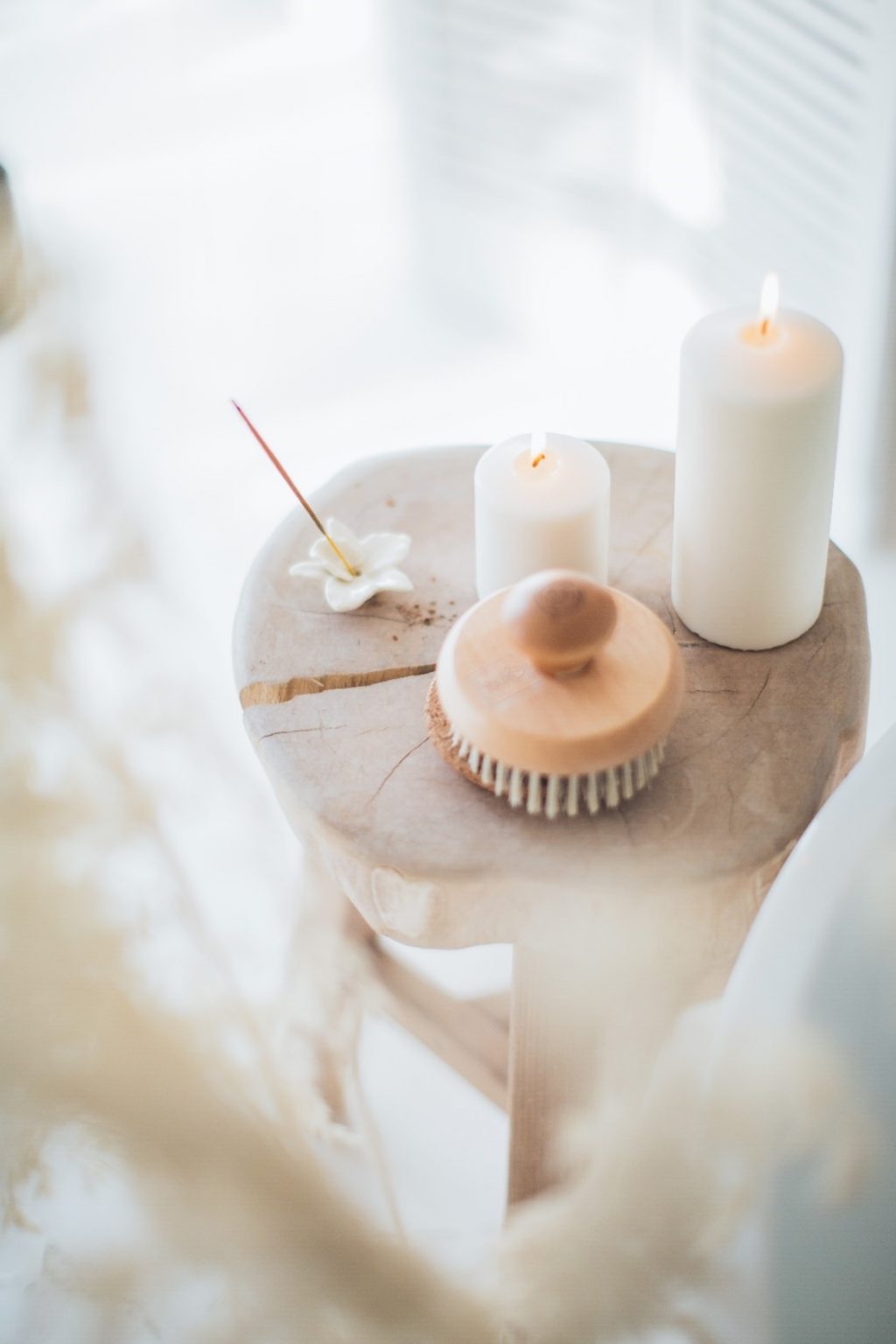
According to a special survey conducted on the effectiveness of the sense of smell in marketing, 84% of consumers said that they are more likely to buy products in a perfumed place, while they are willing to spend up to 15% more money in such a place.
Choosing the perfect perfume for your hotel is not an easy task and you will need to consult a professional who specialises in multi-sensory marketing before making the final decision. The most important factors to consider when choosing a perfume are:
- The audience you are addressing to
- The core values of your brand
- The type of your hotel
A scent can be applied to all areas of the hotel including the rooms – except, of course, the restaurant. What you need to pay attention to, is the intensity of the perfumes in each space. For example, in the hotel rooms, you should choose a softer version of your hotel perfume, while in the lobby, it is advisable to choose a version that is inspired by the overall hotel concept, as it is the visitor’s first contact with your hotel. It is good not to add any aroma in restaurants and make sure that is not occupied by strong odors from the kitchen through special odor inactivation tools.
The aroma of the hotel rooms is the most direct way to integrate the smell in your hotel experience, but not the only one. More ways to enhance your hotel’s olfactory identity include choosing specific cleaning products for your linen, e.g. fabric fresheners.
#Hearing: Choose the right music according to the character of your hotel and customise it for each space
Sound, and more specifically music, is one of the most powerful means to awaken the emotions and memories of your visitors. It is also, the most effective way to motivate them to make some decisions, such as making a purchase. Of course, applying music to your living experience is a complex process and you should do extensive research before deciding what kind of music to choose, and how to integrate it into each space.
As a hotel is made up of spaces with a variety of uses and atmospheres, you also need to customise the music, to convey the right messages to your guests. The first thing you need to pay attention to is the volume of the music in each room. For example, in your hotel spa, the music should be barely perceptible, while in the bar it should be relatively loud, as it has been proven that customers consume more alcohol, in bars with loud music.
Of course, the music you choose in each space should also be different. At the reception, be sure to choose a piece of music, perfectly harmonised with the overall hotel concept, as it is the first live contact of the visitor with your hotel, while in the restaurant it will be good to prefer a piece of slower or faster music depending on whether you want your guests to spend time in the restaurant or not. It has been observed that “fast energetic music” in the restaurant leads to faster consumption, while slow music also slows down the pace at which customers eat.
Finally, the music should be differentiated according to the time of day. For example, music during breakfast should be more relaxed, and the music during dinner should be played ideally by a live band.
*Sponsored

Scent Plus is a company with many years of experience in Sensory Marketing and specialisation in the application of perfume in combination with music in the hotel experience. Scent Plus experts treat each hotel as a unique case, analysing its brand pillars and providing specialised advice for the optimal use of Sensory Marketing. The services of Scent Plus that make it different from the competition are:
- Free sampling appointment with one of Scent Plus’s specialist consultants
- Create a personalised fragrance for your accommodation
- Providing the necessary equipment for the aromatisation of spaces
- Create signature fragrance products to enhance your Upselling policy
- Housekeeping products for the management of unpleasant odors
- Application of music based on the character of each space
If you are interested in learning more about Scent Plus, we suggest booking a free sampling appointment with one of the company’s specialists consultants. For more information, please visit this link or contact the company’s hotel consultants directly at info@scent-plus.com.
#Taste: Add character to every meal and incorporate local gastronomy into your strategy – even include certain welcome treats
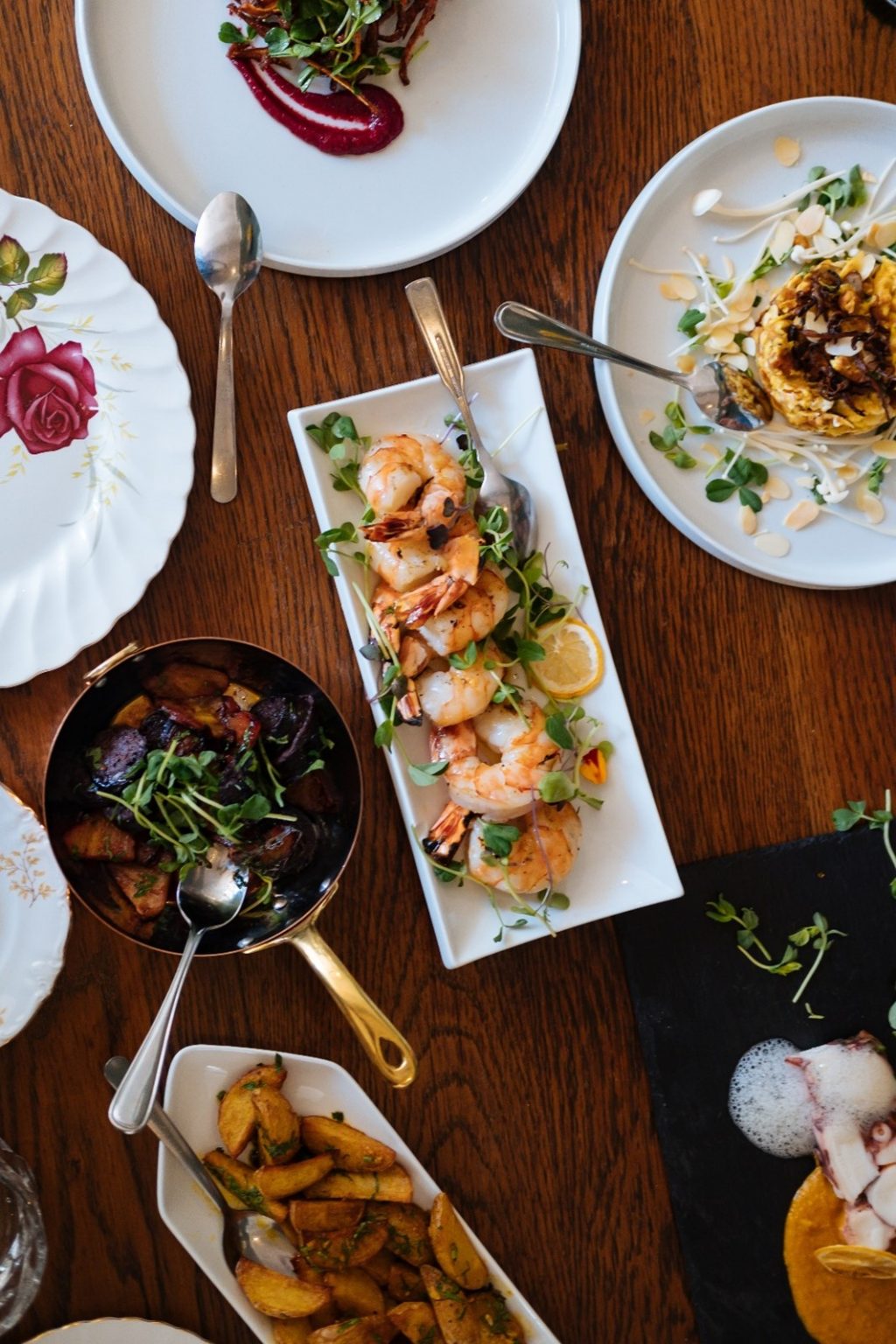
The taste in the visitor’s hotel experience includes the meals in the restaurant, the breakfast, but also any welcome treats that you may offer in the rooms. Food is considered an integral part of travelling and most travellers are willing to spend a large percentage of their budget on local culinary experiences.
It is therefore important that each hotel offers an upgraded gastronomic experience in its restaurant, which does not imply necessarily high gastronomy. On the contrary, travellers show more interest in the local gastronomy of each region, so a traditional restaurant with local recipes is often more successful than a gourmet restaurant inspired by international cuisines.
There are of course many other ways to incorporate the “flavor” into your hotel experience, such as welcome treats in guest rooms, daily delicacies or fruit provided with housekeeping, the most popular meal in every hotel, breakfast, and even a small shop inside the hotel, with local products to buy. All the above will significantly enhance the gastronomic experience of your hotel, so it is good to give them the proper attention.
In your breakfast, for example, it is good to avoid standard products and include some local recipes in the buffet. Moreover, when you offer a welcome treat, make sure it matches the theme of your hotel and provides a unique tasting experience to your guest.
# Sight: Create iconic spaces where visitors will want to take photos for their social media!
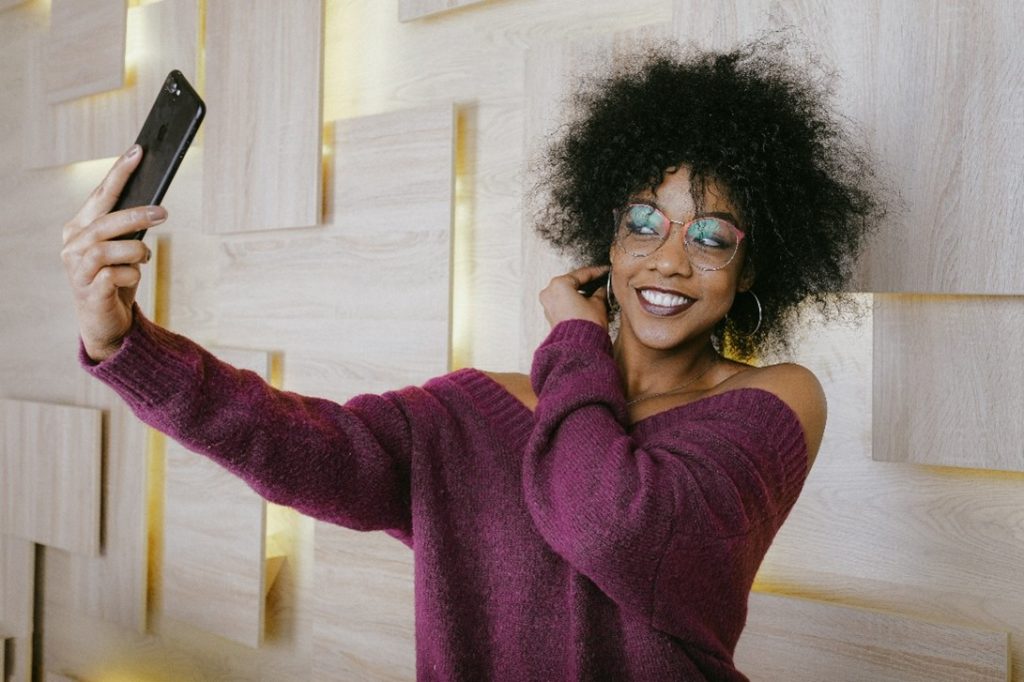
Design and aesthetics now play a crucial role in the success of a product. The rise of Instagram has led travellers to give more basis to the design of the hotel and now most travellers are also looking for places in the hotel that could take nice photos – the so-called Instagram Spots. So, the first part to stimulate the eyesight of your guests is to shape the design of your hotel with the help of an expert.
Of course, the sense of sight is not limited to the design of the hotel. An important role plays the appearance of your staff as well, which must have a specific attire that matches the style of the hotel, but also the color palette that you will choose for your spaces and furniture. The colors must be harmonised and not create a mess in the mind of the visitor. As for the restaurant of your hotel, in addition to the decoration of the space, it is important to pay attention to the presentation of your dishes.
Finally, the sense of touch is mainly about the experience you offer in the hotel room. Bed linen, curtains, towels, and even the texture of room furniture will greatly enhance the guest experience, so make sure you choose high-quality materials in order to offer a luxurious experience.
Many travellers rely on quality even if they do not mention it. After all, there is no more beautiful feeling than a freshly washed, soft towel. Of course, the continuous use and washing of the above lead to wear, removing the softness and freshness that they have in the beginning. You can predict this, initially by choosing good fabrics, which you will wash in the appropriate grades and in combination with their proper maintenance, will have a longer lifespan.
#Expectation: Intensify the anticipation of visitors with various Marketing tricks for more effective application of the senses in your strategy

In conclusion, we would like to focus not on one feeling but on one emotion, anticipation. It is important to intensify the anticipation of guests before their arrival and make them look forward to staying at your hotel and living all the experiences you have designed for them. You can achieve this in a variety of ways such as sending personalised newsletters that will “stimulate the senses” even before your guests’ arrival at your hotel or with posts on your social media that will highlight the experience at your hotel. In this way, the use of the 5 senses in your hotel experience will be more effective and your guests will be even more satisfied.
*Sponsored

To create this article, Hotelier Academy collaborated with Scent Plus, one of the leading companies in Scent Marketing for hotels, which has provided us with significant information about Marketing techniques through the process of adding special scents in a property’s various spaces.
Indicative Scent Marketing applications by Scent Plus:
- Custom fragrances for Hotels
- Promotion of Restaurants and Bars through realistic smells
- Scent application in the hotel’s housekeeping procedures
- Special fragrances & odor neutralizers for Hotels
For more information regarding Scent Plus, please visit this link or contact the company’s hotel consultants directly at info@scent-plus.com.

